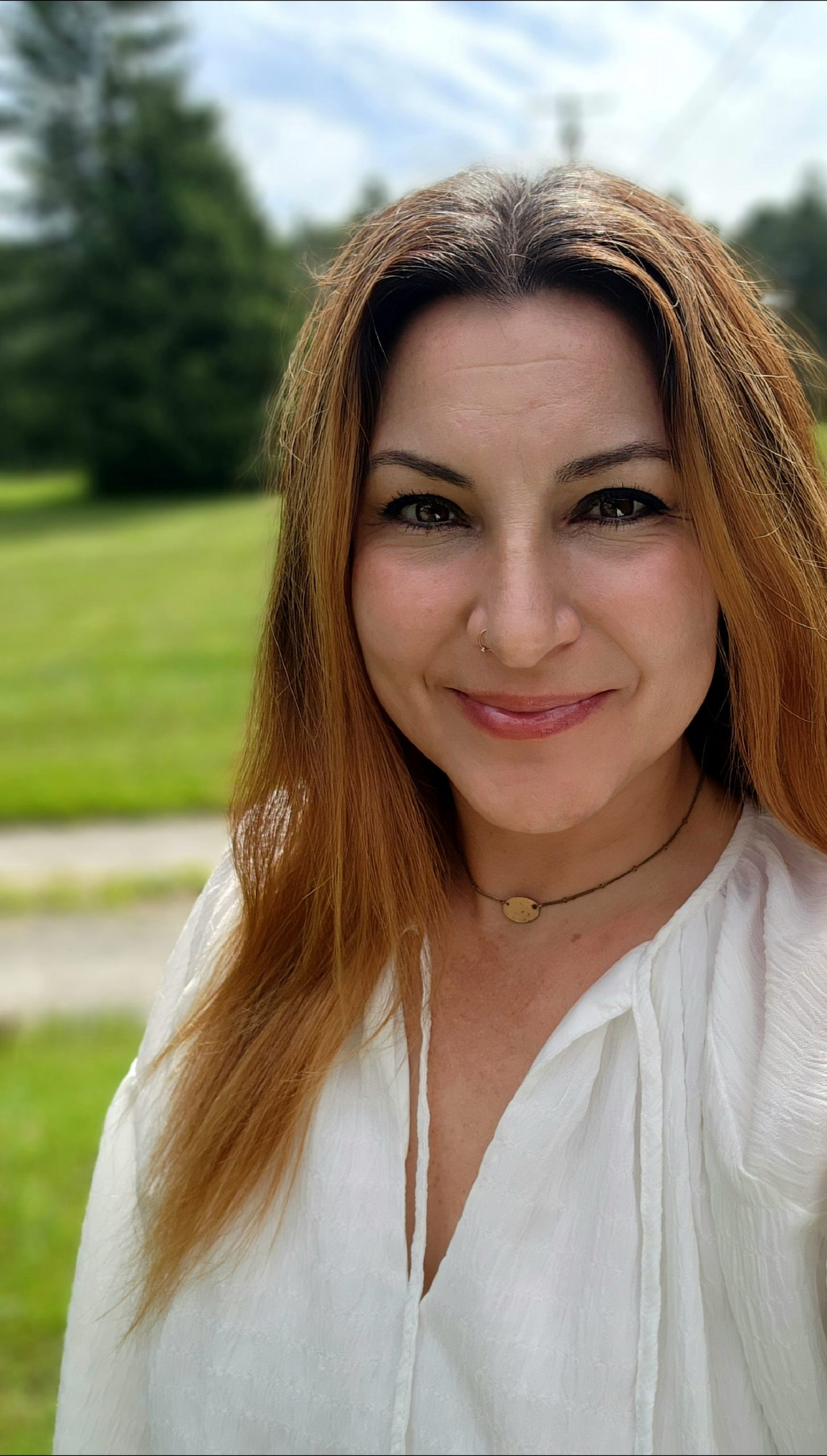New Director of ACMH Turns Tragedy into Purpose
For Carla Pretto, the new executive director of the Association for Children’s Mental Health, the organization’s mission is truly personal.
The statewide family-run organization (and Flinn Foundation grantee), which was founded in 1989 by two moms, focuses on helping Michigan children get access to emotional, behavioral and mental health services and support. The need for those services – particularly for children – is something that Pretto has experienced personally.
In 2017, Pretto was working as an infectious diseases researcher when one of the worst things a parent can imagine happened. Her 13-year-old daughter, Taylor, died by suicide. Taylor had suffered from depression for years, but it was often masked by her desire to please everyone. Like many kids, social and academic pressure compounded her feelings of helplessness.
“Her depression got in the way of her seeing how important she was to everyone who loved her, how needed she was, and how what she was feeling in that moment didn’t have to be her ‘forever,’” Pretto says.
It’s a feeling Pretto understood and experienced herself in the aftermath of her daughter’s death.
“I had those feelings of not wanting to be here, of not being sure I could make it through,” she says. “If I didn’t have my other children, I don’t know that I would have been able to get help and push through. Life had to go on for them.”
And life went on for Pretto too, but with a new calling.
She pivoted from her career as a scientist and enrolled in a registered nurse program. Her goal was to use her experience and knowledge to somehow make a difference in the lives of youth like Taylor.
Early on, she became aware of the ACMH and the work they did to help local families who were struggling with mental health challenges. She’d worked with Jane Shank, the ACMH’s previous executive director, and thought, “that’s my goal job.”
Pretto pivoted from her nursing degree to a position as a psychiatric nurse. She had her eye on completing her Ph.D. while immersing herself in the realities of patient needs. The work was challenging and rewarding. She enjoyed making a difference in small ways, working with families one-on-one. But when she found out that Shank was stepping down as executive director of ACMH, no one was surprised that she jumped at the chance to realize her dream job.
“My co-workers said, ‘we know you weren’t going to stay here. You need to do big things.’”
And that’s exactly what she has planned.
She’s not diving in and reinventing the already laudable work the ACMH and its staff does, she says. She knows that the role they have working with the Michigan Department of Health and Human Services on statewide training for its Parent Support and Youth Peer Support projects is critical and consuming.
She knows that the ACMH, like everyone working in the mental health space, needs more resources to do more work in a community that’s greatly in need.
“We’re well-funded, but the need is so great. We need to have more staff to do more trainings across the state,” Pretto says.
For now, though, she’s focused on developing ACMH’s key management staff to make sure they feel fully supported in their leadership roles. She says she relies heavily on them and wants to learn what they need to continue to excel in their jobs. That support will mean the ACMH can help more Michigan families.
Already, she has some ideas for the future, though.
She has her sights set on partnering with the MDHHS on creating a crisis toolkit and developing de-escalation techniques that can be taught to families and inform providers of the needs of families that have experienced crisis. That important work will be informed by families with lived experience, she notes. And thanks to her research background, she’s itching to get more data on the population in need of ACMH’s services, such as their social determinants of health. She wants an independent review of the organization’s diversity and how it can best interact with a diverse population of families.
“The issue of mental health affects everyone equally, but the help and services are not available or utilized by everyone equally. That has to change.”
For Pretto, the dream isn’t just to lead the ACMH in its mission.
“I wish this wasn’t my story, that my daughter had not completed suicide,” she says. “But my job now is to help prevent that from being the story of other youth like Taylor, of other families like mine.”

